Vegan Globetrotter is supported by our audience. When you purchase through one of our links, we may earn a small affiliate commission. As an Amazon Associate I earn from qualifying purchases. Your cost is not affected.
==================
Garlic, with its potent compounds and centuries-long history as a medicinal herb, is increasingly recognized for its potential to bolster the immune system. Studies have highlighted the important role of garlic in enhancing immune function, capitalizing on its natural components, such as allicin, that spring into action when the cloves are crushed or chewed. It’s not just folklore or anecdotal evidence. Scientific research supports garlic’s capacity to help fight germs and possibly reduce the incidence of common illnesses like the cold.
Garlic for Immune System: Unveiling its Powerful Benefits
Beyond its culinary use as a flavorful spice, garlic has been employed in various cultures as a natural remedy for various ailments due to its antiviral, antibacterial, and anti-inflammatory properties. Modern inquiries into garlic’s effectiveness echo ancient medicinal practices, highlighting how garlic’s contribution to a functional immune system could be a pillar of preventive health strategies. In exploring how garlic influences immunity, it’s important to consider the compelling findings from current studies and the proper methods of using garlic to support immune health without causing adverse effects.
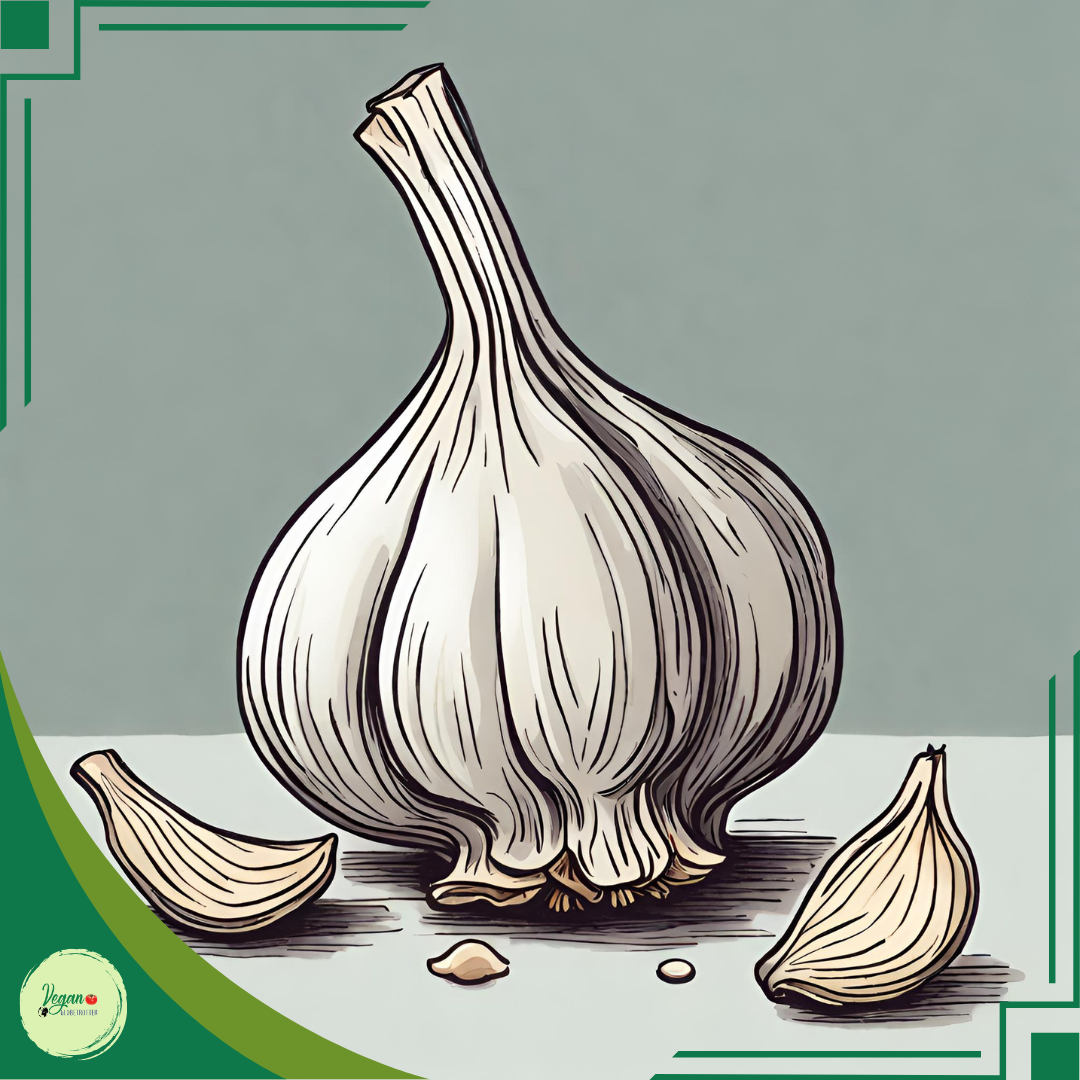
Key Takeaways
- Garlic contains compounds, such as allicin, that have been shown to support the immune system.
- Historical practices and modern research indicate a positive impact of garlic on health.
- Garlic should be used with an understanding of its benefits and potential safety considerations.
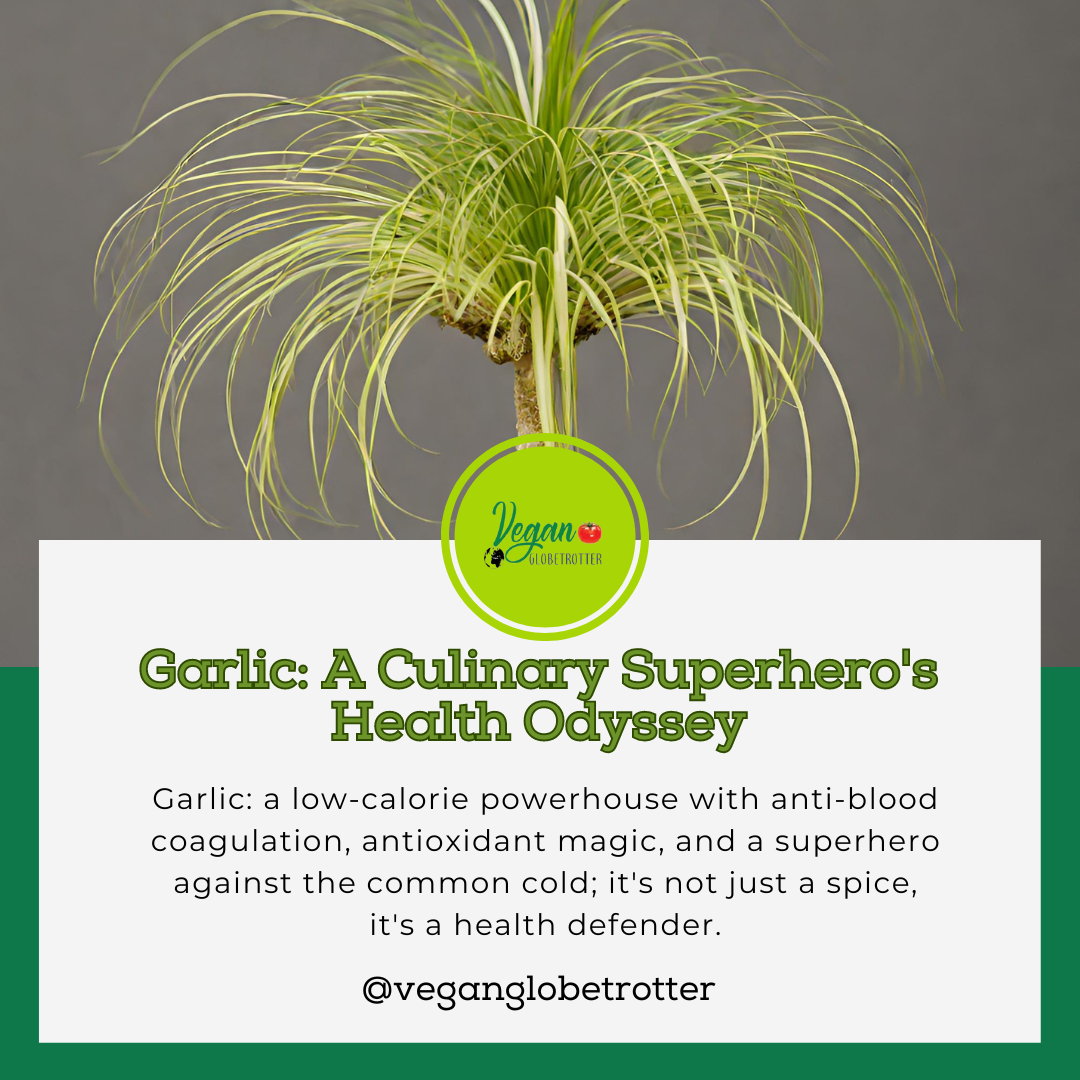
Garlic and the Immune System
Video Credit: @DrLivingood
Garlic has been esteemed for its potential to enhance immune system function. This section delves into its active ingredients and the mechanisms by which it may support immune health.
Active Compounds in Garlic
Garlic’s immune-boosting properties come from several active compounds, most notably alliin. When raw garlic is crushed or chopped, alliin is transformed into allicin, giving it its medicinal characteristics. Additionally, it contains sulfur-containing compounds, such as ajoene and vinyldithiins, and other substances, like saponins, that contribute to its health benefits.
Mechanisms of Immune Support
Garlic compounds can enhance immune function through several pathways:
- Stimulating Immune Cells: Garlic can stimulate the activity of cells crucial to the immune response, such as macrophages, lymphocytes, and natural killer (NK) cells.
- Enhancing Cytokine Production: It influences the secretion of cytokines, proteins that help to modulate immune system communications.
Further explanation on how these compounds interact with the immune system can be found at Healthline’s coverage on garlic and flu prevention and research on garlic’s immunomodulatory effects.
Historical Use of Garlic in Medicine
Garlic (Allium sativum) has been recognized for its medicinal properties for thousands of years. Ancient civilizations inherently understood its value. In Ancient Egypt, garlic was a dietary staple and a component of health practices, as documented in the Ebers Papyrus around 1550 B.C.
During various epidemics, such as typhus, dysentery, and influenza, garlic’s therapeutic qualities made it a go-to remedy. It served as a preventive and curative agent when other medicines were unavailable.
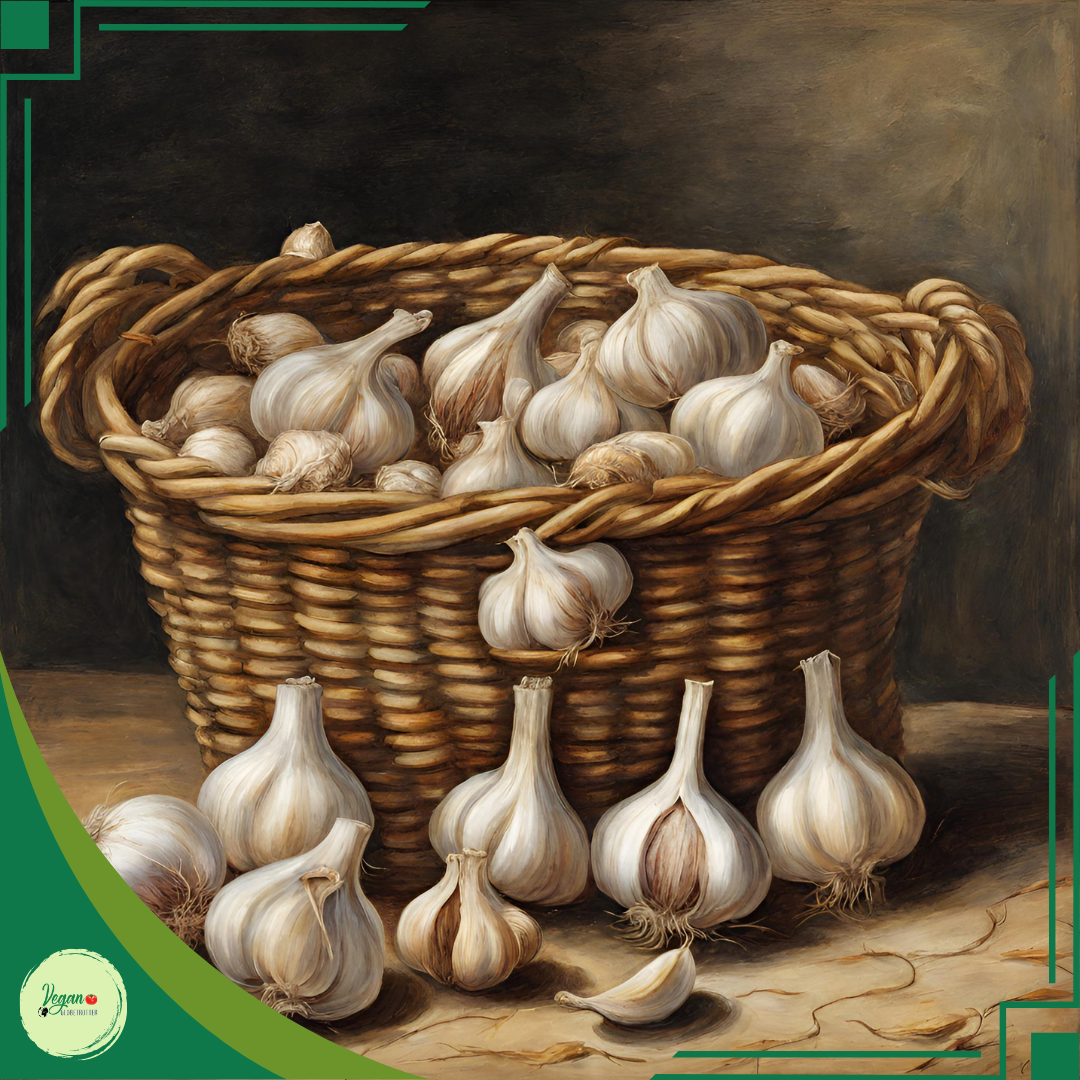
In other parts of the world, like Ancient Greece, garlic was held in high regard. Soldiers consumed it for courage, and it was thought to protect skin from toxins. Hippocrates, often called the father of Western medicine, prescribed garlic for various conditions, suggesting its broad-spectrum efficacy.
The medical texts from other great civilizations, such as Rome, China, and India, mentioned the use of garlic for its healing properties. These ancient prescriptions form a part of a historical tradition that views garlic as an aid to enhance the immune system by stimulating certain cell types.
Recent studies corroborate this traditional knowledge, showing that raw garlic compounds may, in fact, stimulate cells like macrophages and lymphocytes, potentially due to the modulation of cytokine secretion.
This consistent historical use across cultures showcases garlic’s integral place in traditional medicine, which modern research continues to validate.
Scientific Research on Garlic and Immunity
Recent scientific studies have aimed to provide empirical evidence regarding garlic’s potential to boost immune function. Researchers have focused on how garlic can influence the occurrence and severity of common illnesses like colds and flu and its effect on various immune cells.
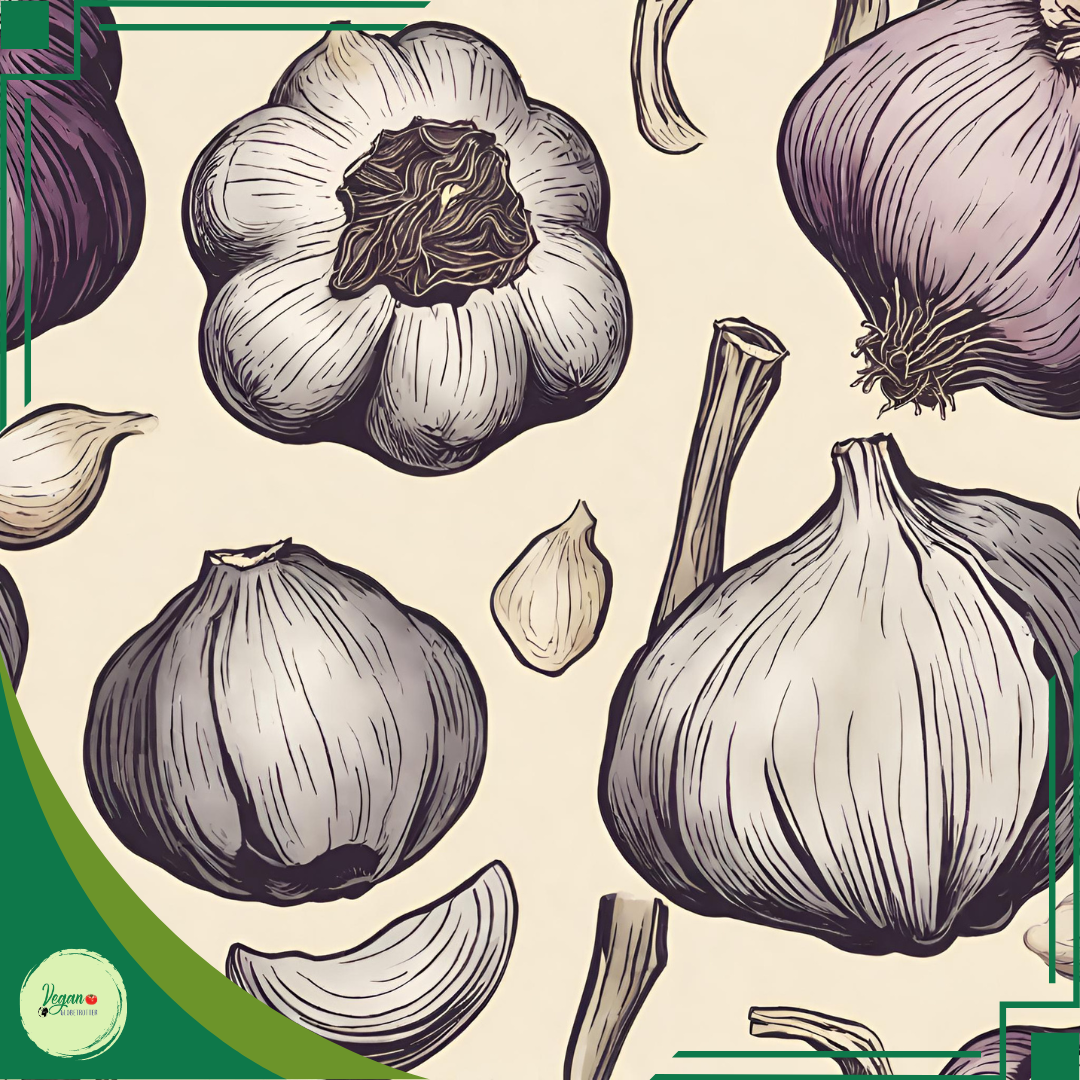
Garlic in Preventing Colds and Flu
Scientific investigation into garlic’s ability to prevent colds and flu has yielded promising results. A compilation of human intervention studies suggests that regular consumption of garlic may reduce the incidence of colds, potentially due to its immunomodulatory effects. Garlic is believed to impact immune function by stimulating immune cells, thereby reducing the likelihood of infections.
Effects of Garlic on Immune Cells
Garlic’s influence reaches various immune cells, such as macrophages, lymphocytes, and natural killer (NK) cells. The active compounds in garlic are thought to enhance the immune system by promoting the activity of these cells and modulating the secretion of cytokines, which are critical for immune responses. A review of the effects of raw garlic compounds on immune modulation underscores garlic’s role in stimulating specific immune cells and affecting cytokine secretion.
How to Use Garlic for Immune Support
Garlic has been recognized for its potential immune-boosting properties. This section explores established methods to harness garlic’s benefits through dietary means and supplementation.
Dietary Inclusion of Garlic
Incorporating garlic into the diet is straightforward. Fresh garlic cloves can be added to various recipes to enhance flavor while potentially supporting the immune system.
For instance, recipes like garlic broth may offer a warm, soothing way to consume garlic, especially during the colder months. Moreover, preparing dishes with garlic cloves ensures you receive its potential benefits, such as its antibacterial and antiviral properties, in their natural form.
Ways to Include Garlic in Your Diet
- Chopped or crushed in savory dishes
- Roasted as a spread for bread or vegetables
- Infused in oils or as part of dressings and marinades
Garlic Supplements
For those who prefer a more concentrated dose or cannot tolerate the taste of garlic, garlic supplements are available. They come in various forms, including capsules, tablets, and extracts. When selecting a garlic supplement, it’s important to opt for products with a standardized amount of allicin, the active compound in garlic thought to contribute to immune support.
Considerations When Choosing Supplements
- Check for allicin content
- Prefer quality-assured brands
- Be aware of potential interactions with other medications
Safety and Considerations
When incorporating fresh garlic into one’s diet for its immunomodulatory effects, it’s crucial to adhere to recommended dosages and be aware of potential side effects to ensure safe consumption.
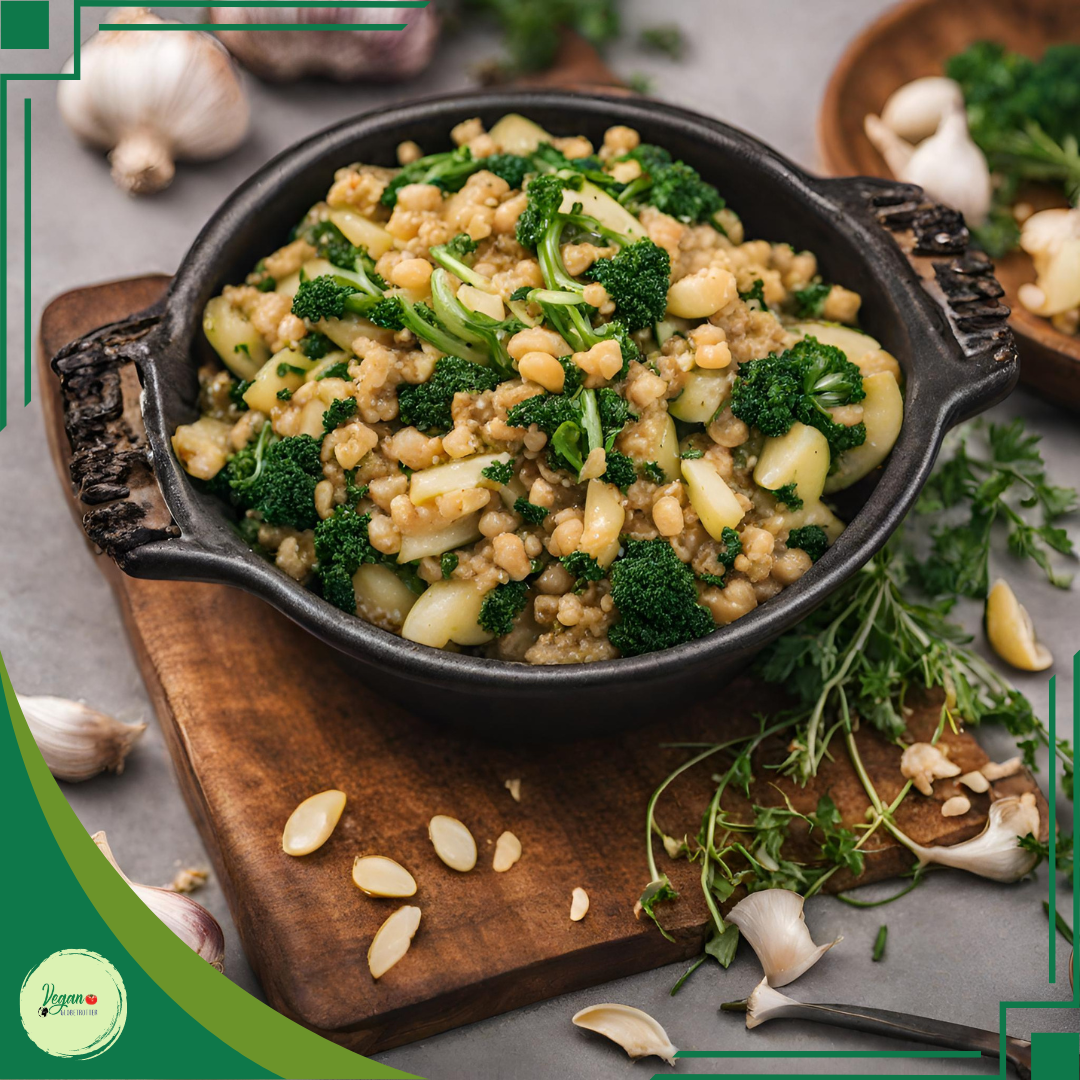
Recommended Dosages
Garlic can be consumed in various forms, such as fresh cloves, powders, extracts, or as an oil. While there is no standardized dosage, studies often use the following:
- Fresh garlic: 1 to 2 cloves (approximately 4 grams each) daily.
- Garlic extract: 600 to 1,200 milligrams per day, divided into multiple doses.
These dosages have been associated with health benefits while minimizing risks. However, one should consult a healthcare practitioner for personalized guidance, especially when considering a garlic supplement.
Potential Side Effects
Garlic is generally considered safe when consumed in typical dietary amounts, but high doses, especially in supplement form, may cause:
- Digestive issues
- Bad breath or body odor
- Increased bleeding risk, particularly in conjunction with blood-thinning medications.
A study on garlic and immune health cautions that individuals with certain medical conditions or those undergoing surgery should use garlic with caution due to its anticoagulant properties.
Comparative Analysis
In this section, we’ll look at how garlic stands up against other natural remedies in boosting the immune system and assess its effectiveness across various populations.
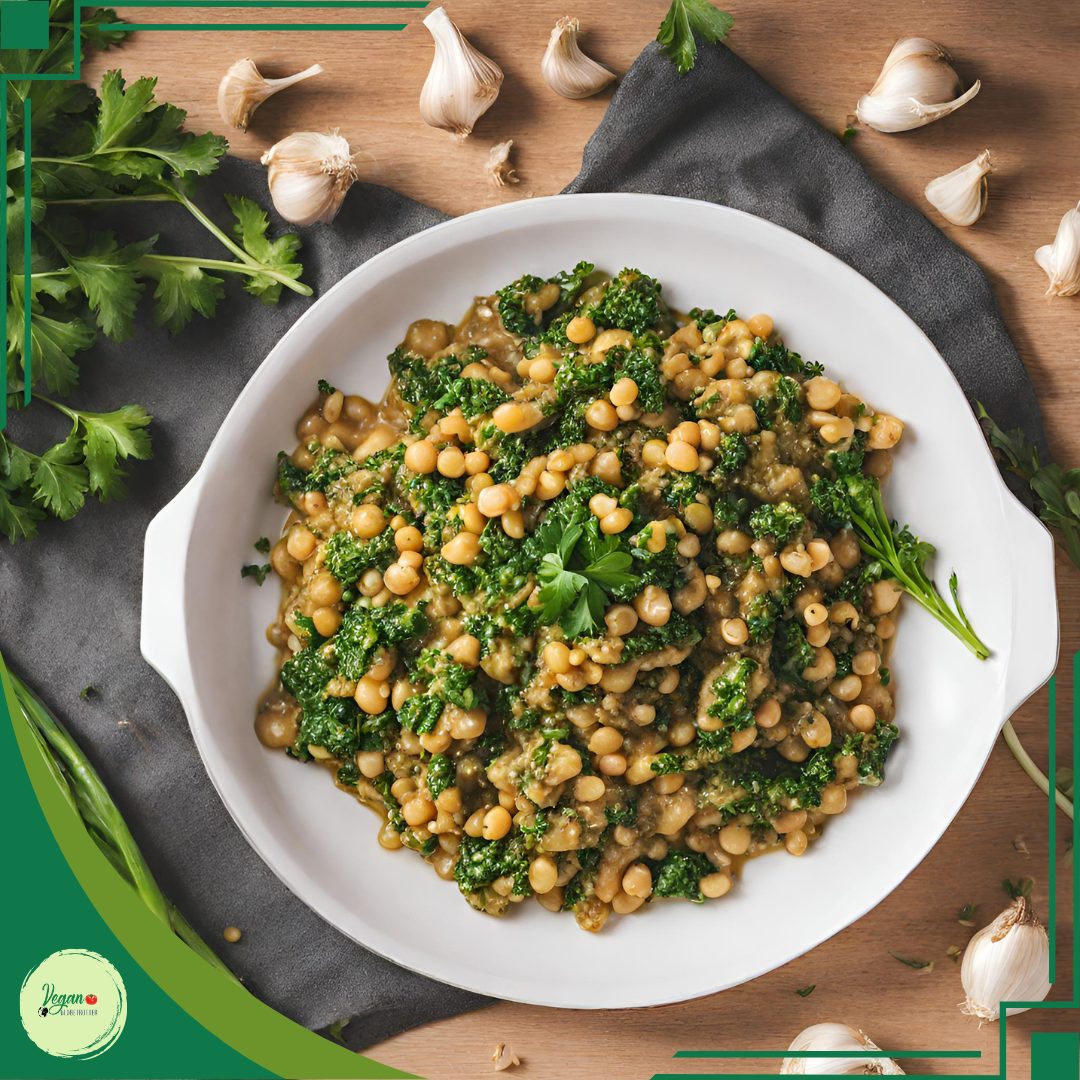
Garlic Versus Other Natural Remedies
Garlic compounds have been recognized for their potential to stimulate the immune system. Studies suggest that garlic enhances the functioning of immune cells, such as macrophages and natural killer (NK) cells, through the modulation of cytokine secretion.
When compared to other natural remedies, such as echinacea or vitamin C, garlic’s bioactive compounds, including allicin, show unique immunomodulatory effects which might contribute to its broad-spectrum antimicrobial and anti-inflammatory properties, as per research documented in Immunomodulation and Anti-Inflammatory Effects of Garlic Compounds.
Effectiveness of Garlic in Different Populations
Research indicates variability in the response to garlic-based interventions. The effectiveness of garlic depends on several factors, including the particular health condition addressed and the individual’s unique physiology. Certain populations may experience more pronounced benefits, such as those prone to cardiovascular issues, where garlic’s lipid-lowering properties are particularly beneficial.
Moreover, consistent consumption of garlic, according to the findings in Potential Health Benefit of Garlic Based on Human Intervention Studies, has positive outcomes on common diseases like cardiovascular and metabolic disorders, potentially suggesting a widespread benefit across populations due to its antioxidant characteristics.
Garlic Myths and Facts
Garlic is surrounded by tales and theories, but it’s important to distinguish between what’s true and what’s just a myth. Let’s clear up some common misconceptions and confirm some of the real benefits of garlic.
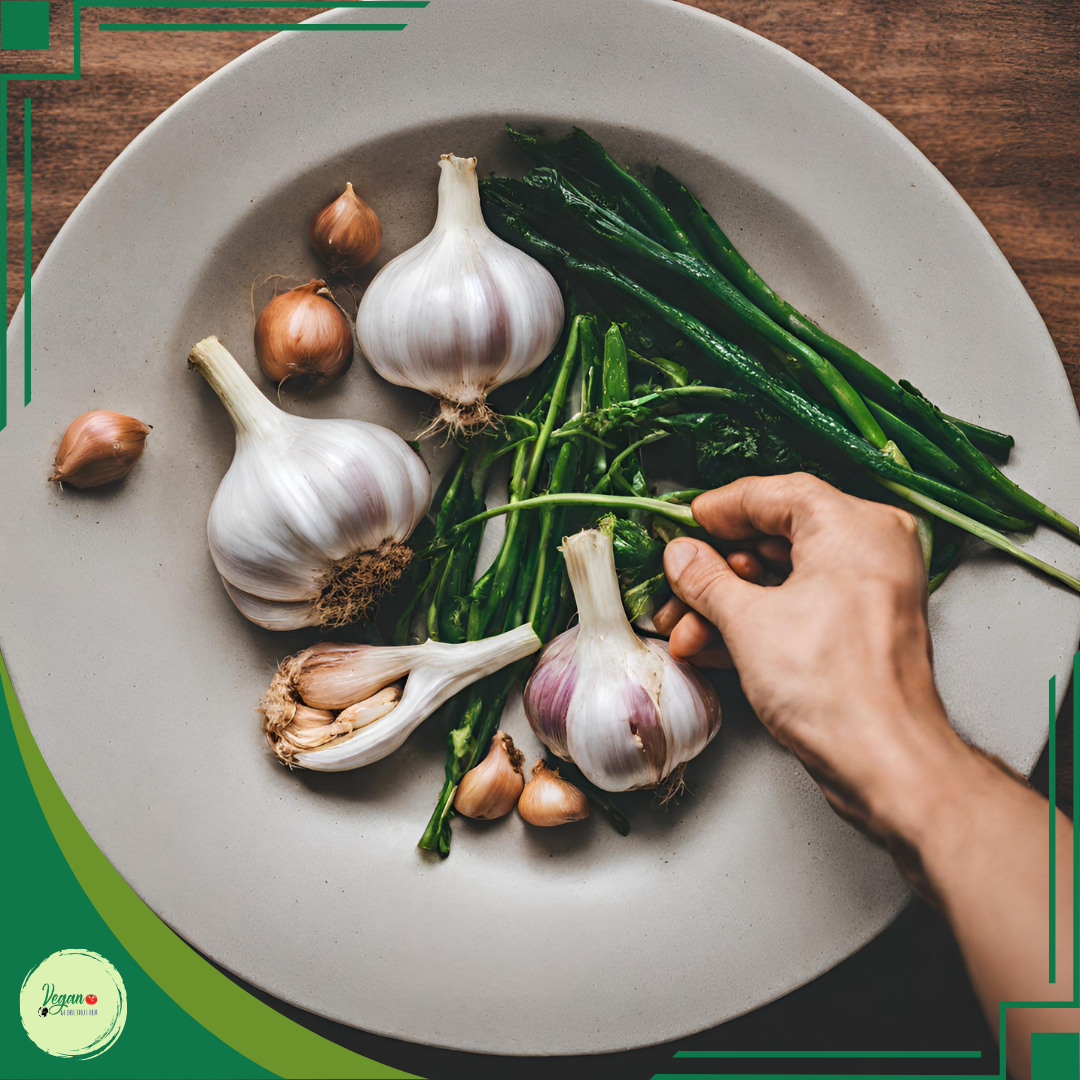
Myth 1: Garlic Can Cure the Common Cold
A lot of people think garlic is a cure-all for the common cold. The truth is that garlic does have properties that can help boost your immune system, but it’s not a cure. It can make you more resilient against colds and might even help you recover faster, but it won’t make a cold disappear overnight.
Myth 2: The More Garlic, the Better
It’s easy to think that if garlic is good for you, then lots of garlic must be even better. However, moderation is key. Eating too much garlic can lead to digestive issues and other side effects. A moderate amount is beneficial, but overdoing it is not a good idea.
Fact: Garlic Can Reduce Heart Disease Risk
One true benefit of garlic is its ability to help reduce the risk of heart disease. Garlic has been shown to lower blood pressure and cholesterol levels, which are two major factors in heart disease. Incorporating raw or cooked garlic into your diet in a balanced way can be good for your heart health.
Myth 3: Raw Garlic Is Always Best
Many believe that raw garlic contains the most health benefits. While raw garlic is indeed potent, cooking garlic can still offer health benefits. Some of the compounds in garlic become more available after it’s been cooked, so both raw or cooked garlic can be good for you.
Fact: Garlic Supports Blood Health
Garlic is great for maintaining healthy blood. It helps prevent blood clots, improves circulation, and can reduce blood pressure. These benefits contribute to overall heart health and reduce the risk of heart disease.
Wrapping It Up
Garlic is a powerful ally for your immune system. It fights infections and boosts overall health. Add it to your diet for its benefits.
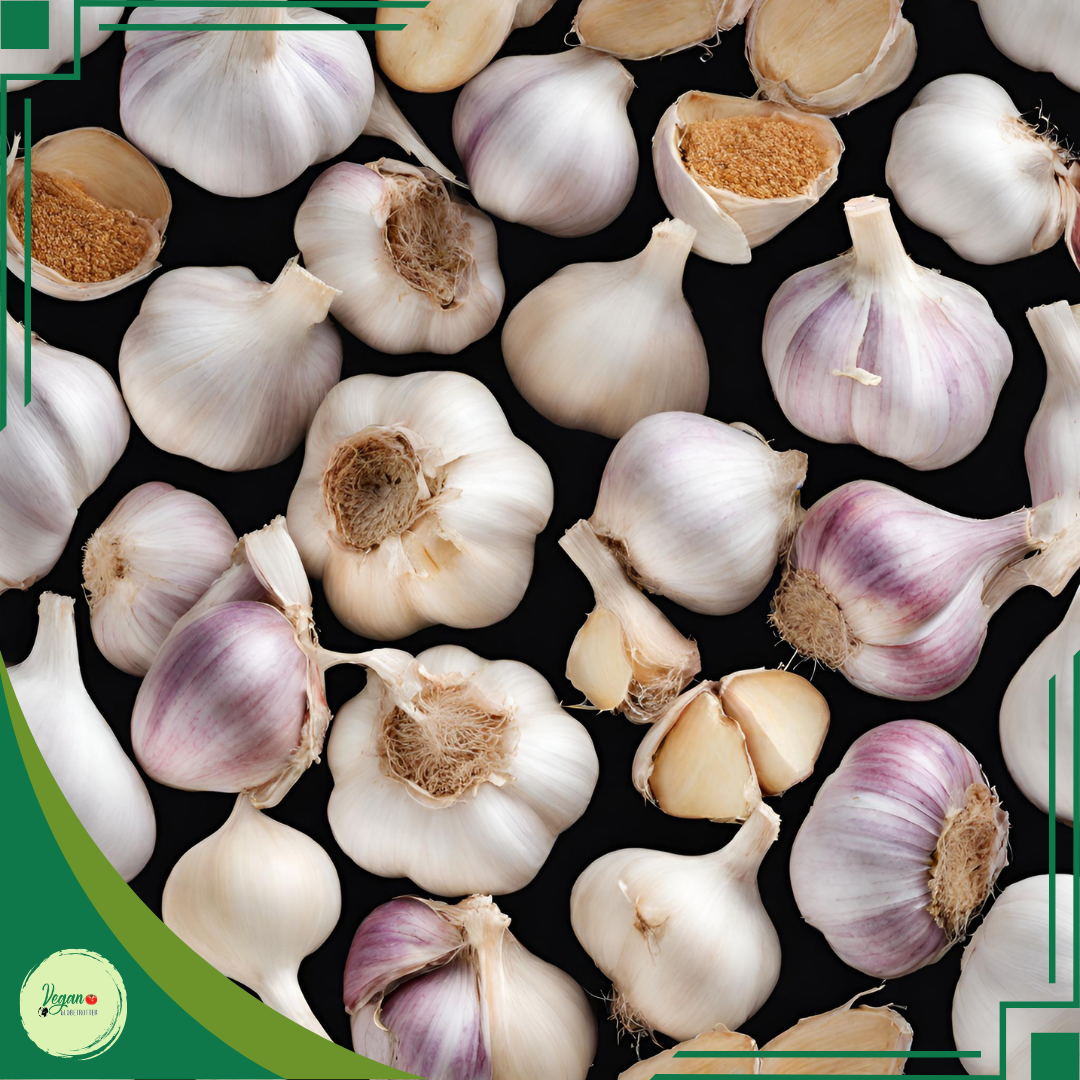
Remember, a clove a day can support your health in many ways. Enjoy garlic’s flavor and strengthen your immunity!
Frequently Asked Questions
What are the benefits of using garlic to combat inflammation?
Garlic contains compounds with potential anti-inflammatory properties. Research suggests these compounds can help modulate the immune system and may reduce inflammation throughout the body.
Which garlic supplements are considered the best for enhancing the immune system?
Certain garlic supplements, standardized for allicin content, are highly regarded for supporting the immune system. It is advisable to choose supplements that provide clear labeling of allicin potential.
How quickly does garlic work in terms of its antibacterial properties?
The antibacterial effects of garlic can occur relatively rapidly, within hours of consumption. However, the exact time frame can vary based on individual health factors and the amount consumed.
What are the advantages of swallowing garlic without chewing for health?
Swallowing crushed garlic without chewing can prevent garlic breath and may reduce gastrointestinal discomfort. Some believe that it allows for the slow release of garlic’s beneficial compounds, though this may affect its immediate effectiveness.
Can consuming garlic help alleviate cough, cold, or sore throat symptoms?
Due to its immune-boosting properties, garlic has been historically used to help reduce the severity of cold symptoms, such as coughs and sore throats. Including crushed garlic in one’s diet may provide symptomatic relief.
Is there a difference in the anti-inflammatory effects of raw versus cooked garlic?
The anti-inflammatory effect of garlic may vary between its raw and cooked forms, as heat can inactivate some bioactive compounds. Raw garlic typically contains more active constituents compared to when it is cooked.
Learn Vegan Cooking With Us!
Discover the various vegan dishes with Vegan Globetrotter. Learn aromatic and appetizing vegan dishes that blend flavor, health, and simplicity. Stay connected and enhance your vegan cooking skills:
- Facebook: Vegan Globetrotter
- Instagram: @_veganglobetrotter
- Pinterest: The Vegan Globetrotter
- Twitter: @VeganGlobetrot
Join our community and explore the wonders of vegan cooking! For more insights into the world of vegan cooking, visit our website: veganglobetrotter.com



Don't miss out
when new recipes and information are added!
Join our newsletter for free recipes,
healthy living inspiration, and special offers
You have Successfully Subscribed!